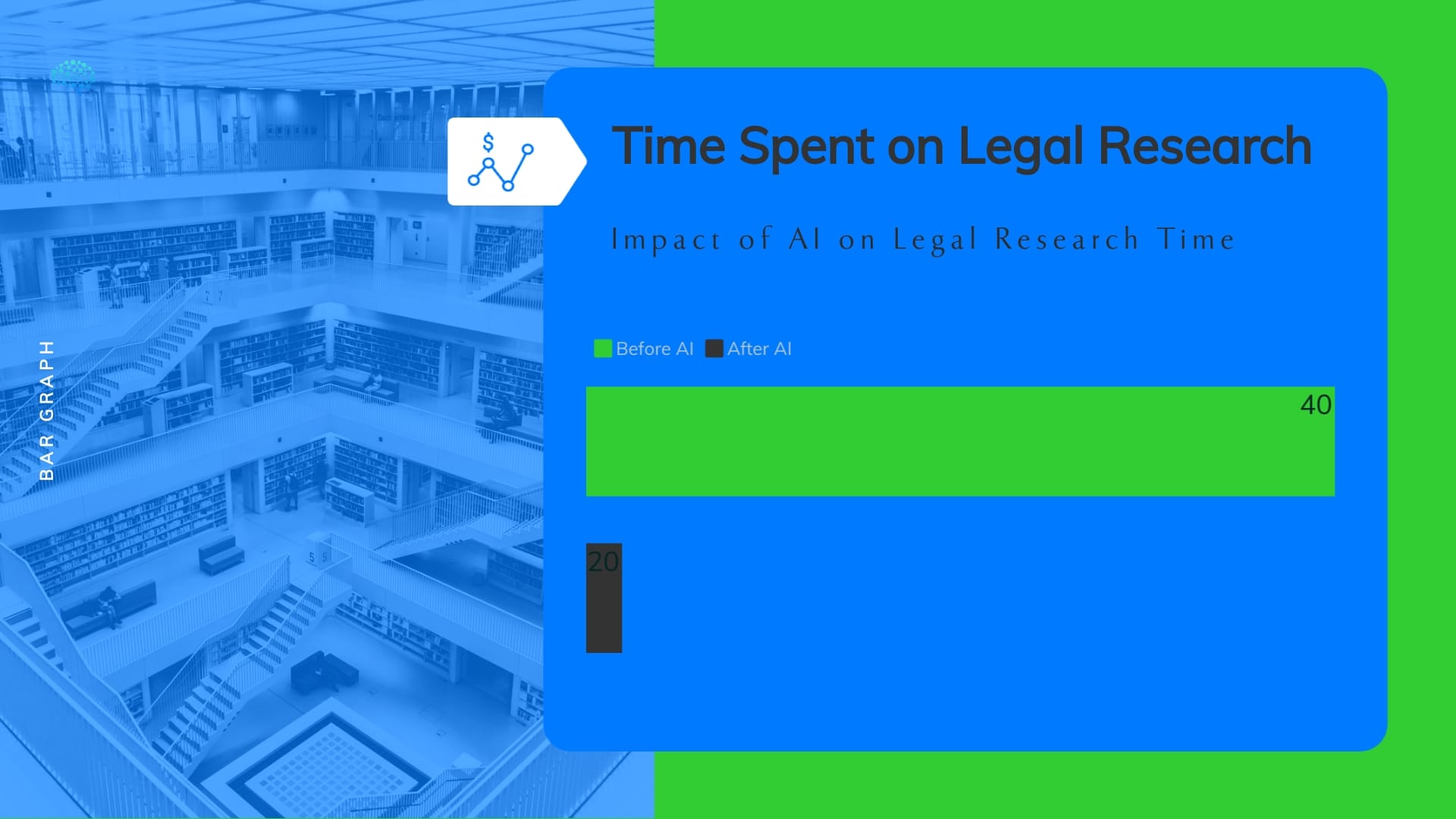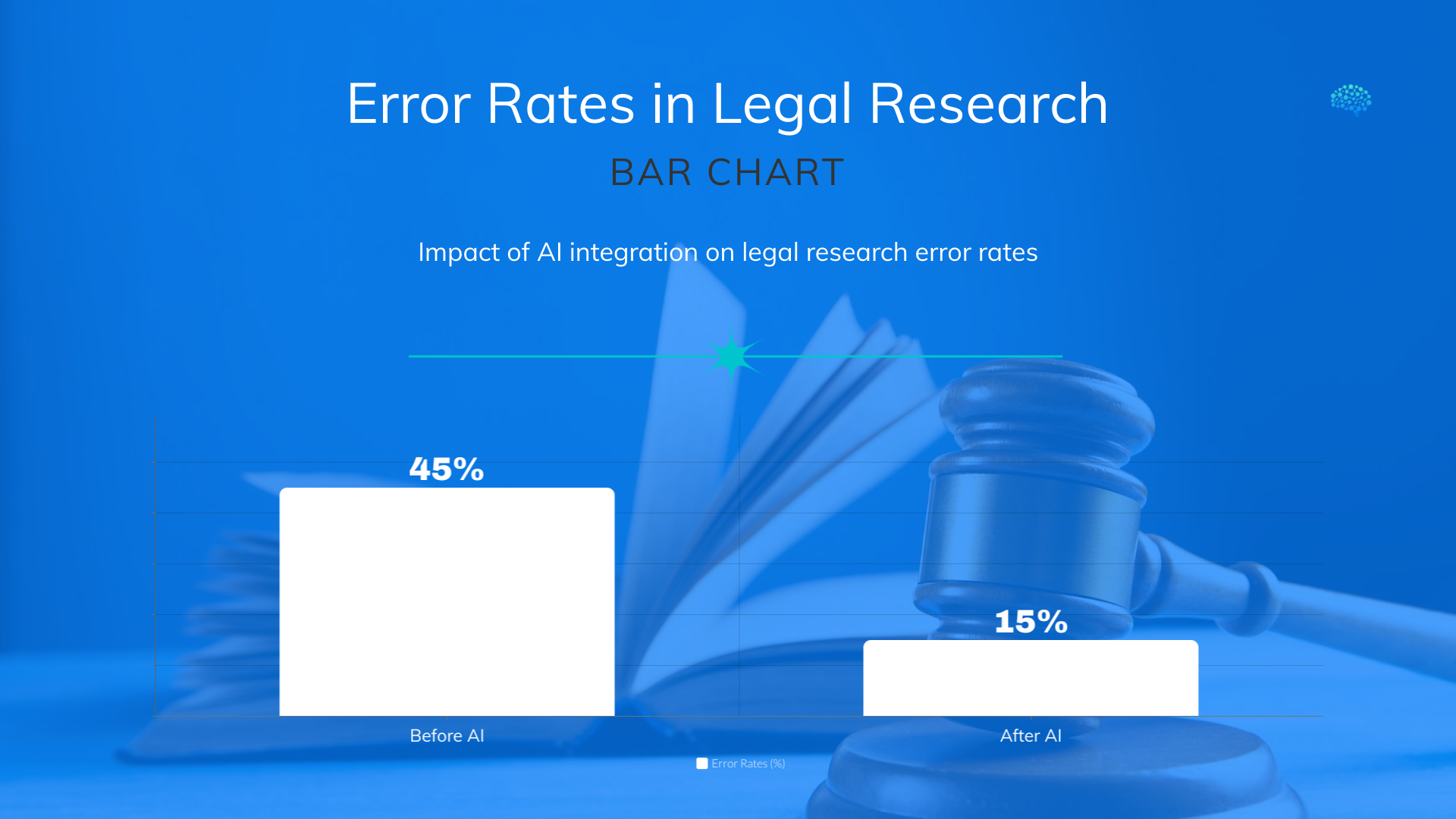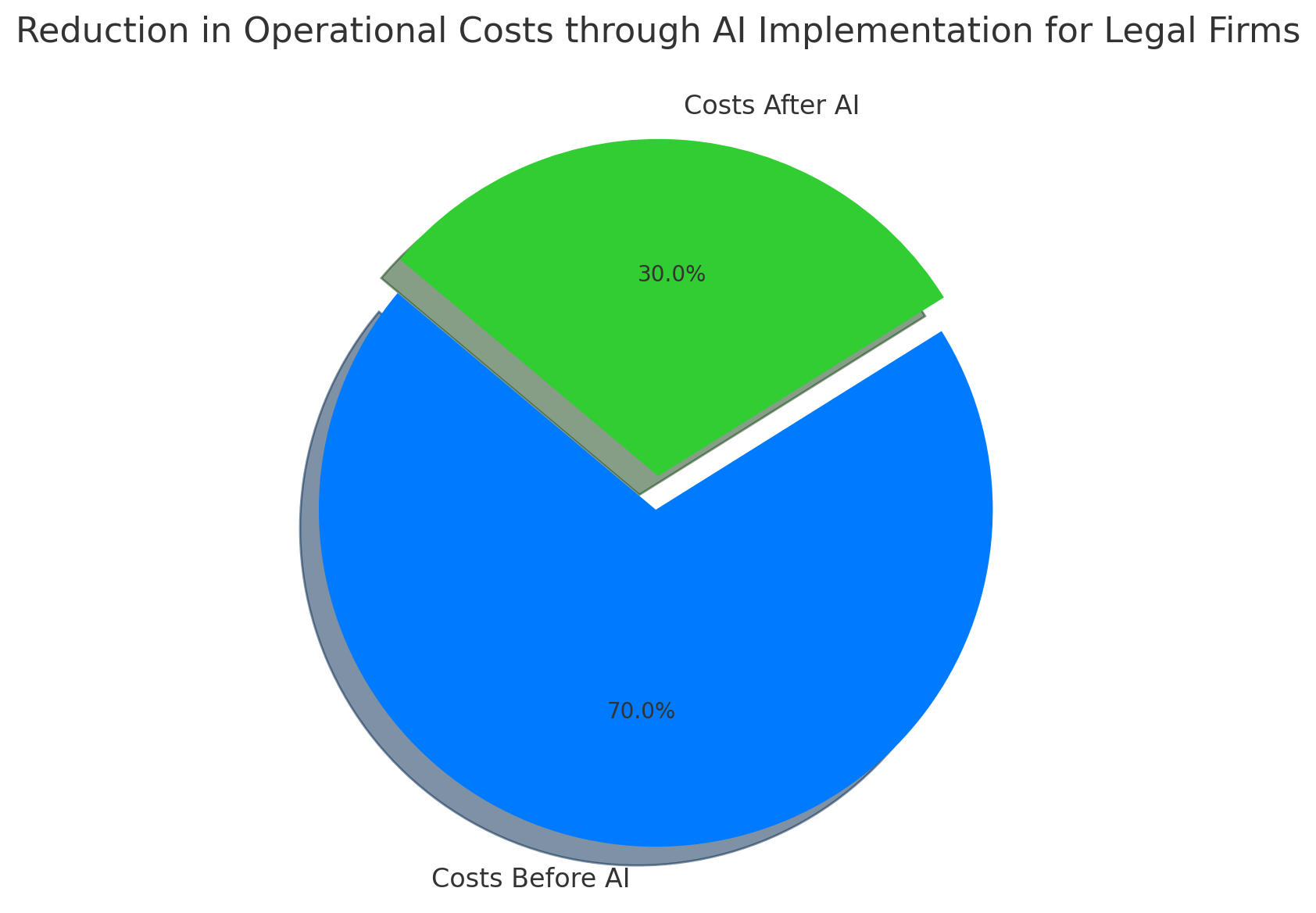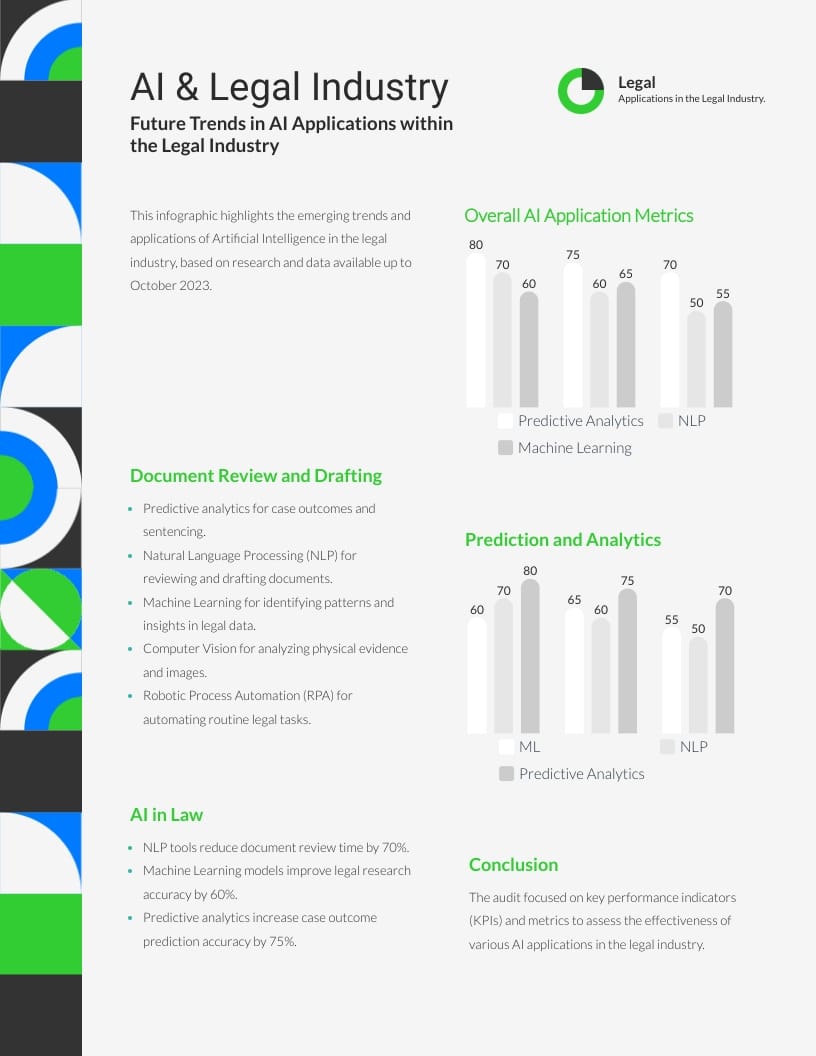The legal industry, often rooted in tradition, is experiencing a transformative shift with the integration of Artificial Intelligence (AI). This comprehensive analysis explores the impact of AI through a detailed case study, providing insights into its application, benefits, challenges, and future potential in the legal sector
Understanding AI in the Legal Industry
Artificial Intelligence encompasses intelligent systems capable of performing tasks that typically require human intelligence. In the legal industry, AI is revolutionizing how law professionals approach case work, legal research, document analysis, and more.
Case Study: AI Application in Legal Research
Background
A prominent international law firm implemented an AI-powered legal research tool to improve the efficiency and accuracy of their legal research processes.
Objectives
- Enhance Efficiency: Reduce the time spent on routine legal research tasks.
- Improve Accuracy: Minimize human error in document review and case analysis.
- Cost Reduction: Reduce overhead costs related to lengthy research processes.
Methodology
- AI Implementation: The law firm integrated a machine learning-based legal research platform providing advanced search capabilities and predictive analytics.
- Training and Adoption: Lawyers received in-depth training sessions to understand the AI tools and adapt to the new workflow.
Analysis
Benefits Observed
- Time Saved: The AI tool significantly reduced the average time spent on legal research, allowing lawyers to focus more on strategic aspects of their cases.

- Accuracy Enhancement: The system's ability to analyze vast legal databases and present relevant results improved the precision of legal research outcomes.

- Cost Efficiency: The law firm noticed a measurable decrease in research-related expenses due to streamlined processes.

Challenges Encountered
- Data Privacy Concerns: Handling sensitive legal documents and client information raised significant privacy and compliance issues.
- Resistance to Change: Some legal professionals were hesitant to rely on AI tools due to a lack of understanding or trust in the technology.
- Initial Investment: The upfront costs for AI technology and training were considerable, although anticipated to be offset by long-term savings.
Key Takeaways
- Smooth Transition: Initial skepticism diminished as the benefits of AI became increasingly evident.
- Continued Learning: Ongoing training is essential to maximize the potential of AI tools.
- Ethical Considerations: Maintaining client confidentiality and data integrity remains paramount.
Future Implications
AI's role in the legal industry is set to expand further, with potential applications in areas such as contract analysis, predictive ruling assessments, and virtual legal assistants.

Conclusion
The case study of AI implementation in this international law firm exemplifies the transformative impact AI can have on the legal industry. Firms willing to embrace AI technologies can achieve remarkable improvements in efficiency, accuracy, and cost-effectiveness, provided they address the accompanying challenges strategically.
Footnotes
[^1]: AI Legal Assistants Reference
[^2]: Machine Learning in Law Review Paper


